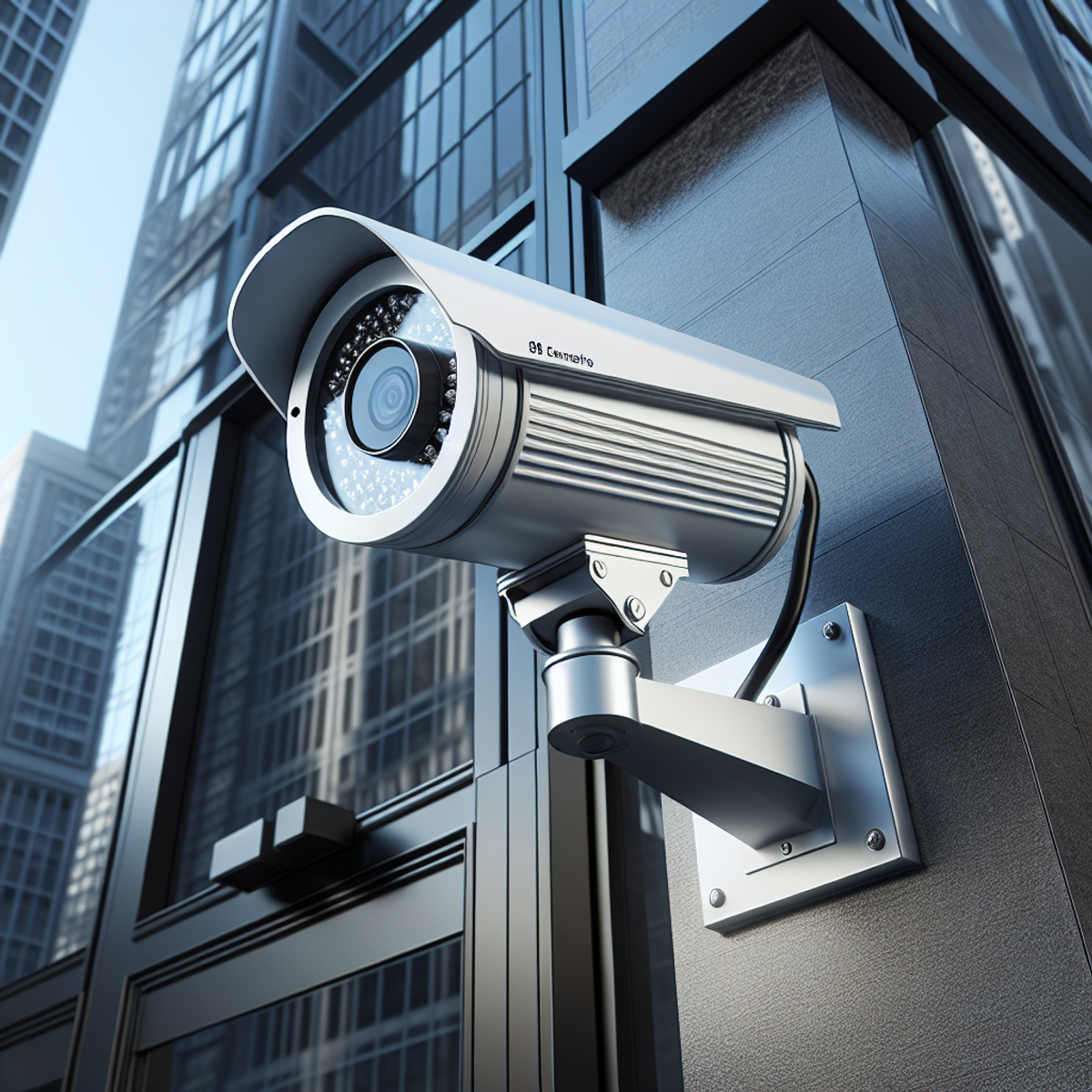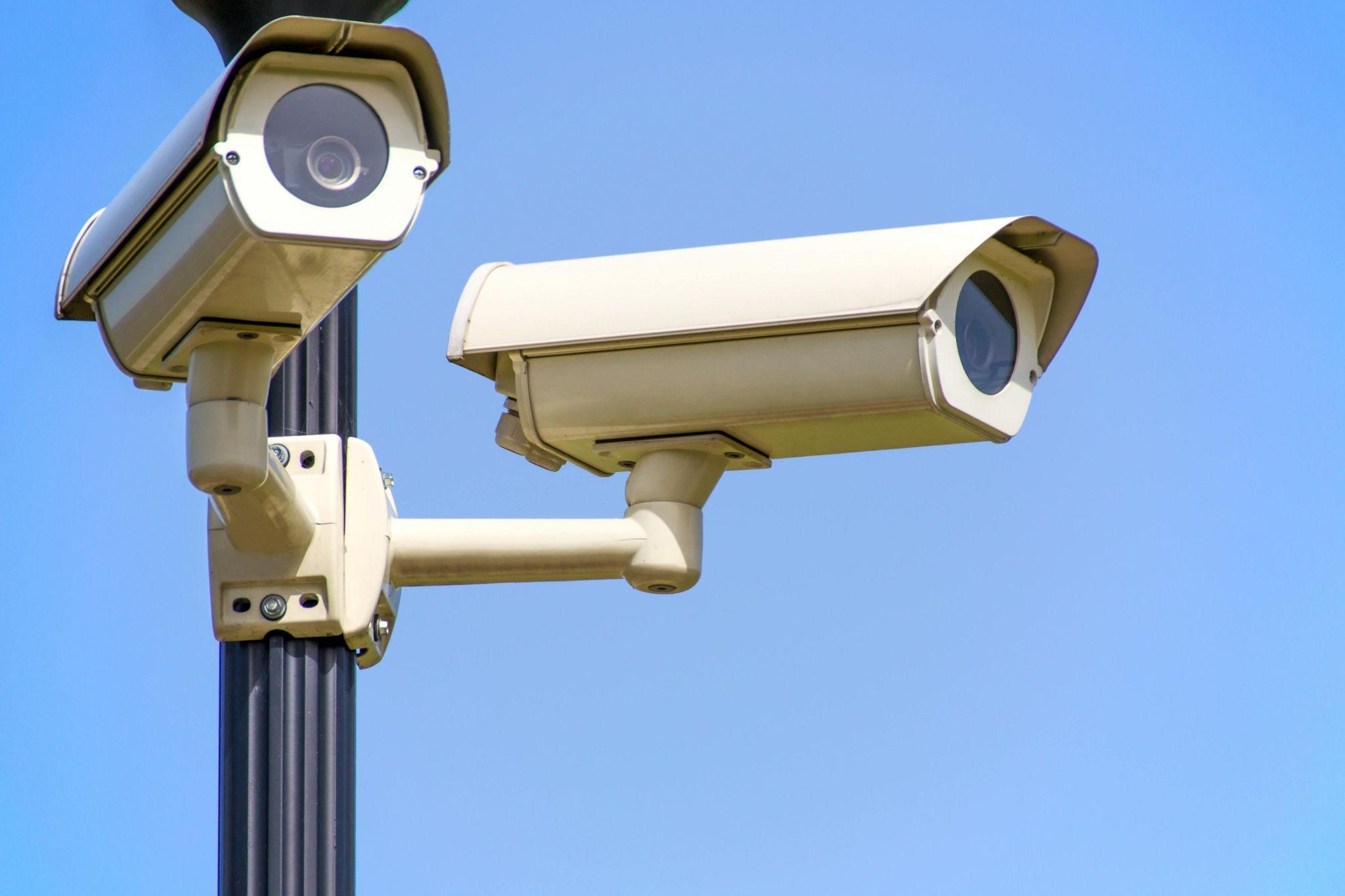As a small business owner, it’s crucial to understand the importance of commercial security for the safety and success of your venture. Commercial security refers to the systems and strategies used to control access to valuable assets within a commercial environment. Simply put, it’s about who can access what, when, and how.
With a growing number of threats both online and offline, having strong security measures in place is no longer a choice but a necessity. Prioritizing asset protection and risk management is essential for:
Safeguarding your investment
Building trust with clients and employees
In this article, we’ll explore practical commercial security tips that every small business owner can implement for effective protection. We’ll focus on three key areas:
Key Management Systems (both physical and electronic)
Access Control Systems
Security Access Measures
These strategies are not only about keeping intruders out; they’re also about managing access within your organization in a way that’s efficient, secure, and supports business operations. Let’s dive into each tip in detail!
1. Physical Key Management Systems
A physical key management system is crucial for protecting keys in a business setting. It provides organized storage, control, and distribution of physical keys, ensuring that only authorized individuals can enter specific areas. These systems are essential for maintaining security and overseeing various access points.
Key Benefits for Small Businesses:
Asset Protection: Limits entry to sensitive areas, reducing the chances of theft or unauthorized access.
Accountability: Promotes responsibility by keeping track of who has which keys and when they were borrowed or returned.
Time Efficiency: Simplifies the process of handing out keys, saving valuable time in day-to-day operations.
Features to Look For:
Durability: Choose systems made from strong materials that can withstand frequent use and potential tampering.
Scalability: Ensure the system can accommodate your growing business, allowing for more keys as needed.
Audit Trails: Select systems that offer detailed reports on key usage to monitor entry patterns and investigate incidents.
Customization Steps:
Assess your specific security needs, including the number of keys and level of access control required.
Collaborate with a vendor to create a system that meets these needs, such as establishing authorized key holders and designated access times.
Establish an authorization process to determine how keys are issued or revoked based on employee roles.
Regularly review the effectiveness of your system through audits and make any necessary improvements.
By implementing a physical key management system designed specifically for your small business, you establish a solid foundation that promotes both safety and efficiency. In the future, exploring electronic key management systems will uncover additional advancements in commercial security technology that small businesses can leverage for enhanced protection.
2. Electronic Key Management Systems
Electronic key management systems offer a modern solution to small business security challenges. Unlike traditional physical systems, these electronic alternatives harness technology to streamline the management of keys and access control. Through networked storage cabinets and software, electronic key systems provide:
Real-time tracking of key usage
Automated alerts for unauthorized access attempts
Centralized management for updating access permissions
Small businesses can experience significant advantages when comparing electronic systems with their physical counterparts:
Strengths of Electronic Key Management Systems:
Enhanced Security: Electronic systems often come with advanced encryption, making it difficult for unauthorized users to duplicate keys or manipulate the system.
Convenience: Access rights can be changed or revoked remotely, without the need to physically collect keys from users.
Audit Trails: Comprehensive logging of who accessed which keys and when, providing valuable data for security audits.
Limitations to Consider:
Power Dependency: These systems require a consistent power source and can be affected by outages unless backed up properly.
Technical Complexity: Small businesses may need additional support to manage software updates and troubleshoot technical issues.
Electronic key management systems can also bolster operational efficiency in small businesses. For example, networked storage cabinets allow for keys to be stored centrally and securely while being accessible only to authorized personnel. This aids in preventing loss or misplacement of keys and reduces the time staff spend managing physical keys.
For effective utilization of an electronic key management system, small business owners should:
Regularly Update Access Permissions: Ensure that only current staff have access to relevant areas.
Conduct Regular Audits: Use the system’s logging capabilities to review access patterns and identify any irregularities.
Train Staff Appropriately: Ensure that all users understand how to use the system correctly to prevent accidental security breaches.
With an electronic key management system in place, small businesses can enjoy a higher level of security oversight, contributing significantly to overall premises protection.
3. Leveraging Access Control Systems for Enhanced Security
A key component of commercial security is the access control system. This setup plays a pivotal role in small business security strategies, working as a gatekeeper to your business premises and sensitive areas.
Types of Access Control Systems
Access control systems come in various forms, including card-based and biometric systems:
Card-Based Systems
These are typically more affordable and easier to manage. They use cards with embedded magnetic strips or chips that are scanned at access points to grant or deny entry.
Biometric Systems
These systems offer a higher level of security. They rely on unique personal characteristics such as fingerprints, facial recognition, or even iris patterns for identification and access control.
Benefits of Access Control Systems for Small Businesses
Small businesses stand to gain several benefits from implementing an access control system:
Restricted Entry: You have absolute control over who can access your premises and at what times.
Detailed Access Logs: Record of every entry and exit helps you track movements within your business and acts as a deterrent for internal threats.
How Access Control Systems Work
In these systems, access terminals are used alongside RFID tags to manage entries. The access terminal scans the RFID tag, validates the information against the stored data, and accordingly grants or denies entry. This process ensures that only authorized individuals have access to your small business premises.
By combining these measures effectively, you can significantly enhance the security of your small business premises.
4. Ensuring Effective Security Access Measures
Security hierarchies play a pivotal role in maintaining the integrity of small business security setups. They help to define who has access to specific areas and information within a business, ensuring that only authorized individuals have the necessary permissions.
For instance, you might establish a hierarchy where general employees have access to standard work areas, while managers and supervisors can access sensitive areas such as server rooms or financial records. This method effectively minimizes the risk of unauthorized access and potential breaches.
Consider the following practical security access measures to further safeguard your small business:
Implementing multi-factor authentication (MFA) for important systems and data centers.
Regularly updating passwords and using complex combinations to deter brute force attacks.
Restricting physical access to sensitive areas with biometric systems or access cards.
These are just a few examples – your optimal security measures will depend on your unique business needs.
It’s important to remember that inadequate security controls can lead to detrimental consequences. Consider the case of a small retail store that suffered significant losses due to internal theft. Lack of proper access controls allowed employees to easily manipulate inventory records and steal merchandise, leading to thousands of dollars in losses before the issue was identified.
This example underscores the importance of robust security access measures in protecting your business success.
Conclusion
Robust commercial security measures are not a luxury; they are an essential element that protects small businesses from an array of threats. The importance of security access in a commercial system cannot be understated, especially for small businesses. Your business may face both internal and external threats, and the proactive implementation of security hacks such as key management systems, access control systems, and effective security access measures can save you from untold losses.
These strategies offer a robust defense line but remember that evolving risks require equally dynamic solutions. Customizing security settings, regular evaluations, and updates should be part of your operational routine.
Security is not static. The landscape is ever-changing, which necessitates continuous improvement and adaptation to keep your business safe.
Don’t let the weight of securing your business be a burden you carry alone. Professional assistance can guide you in implementing these security hacks effectively. Your business’s safety is worth more than a second thought.
Act now! Prioritize the commercial security of your small business. Seek professional help if needed because there is strength in numbers. Your small business deserves top-notch security; don’t wait for a breach to happen before taking action.




